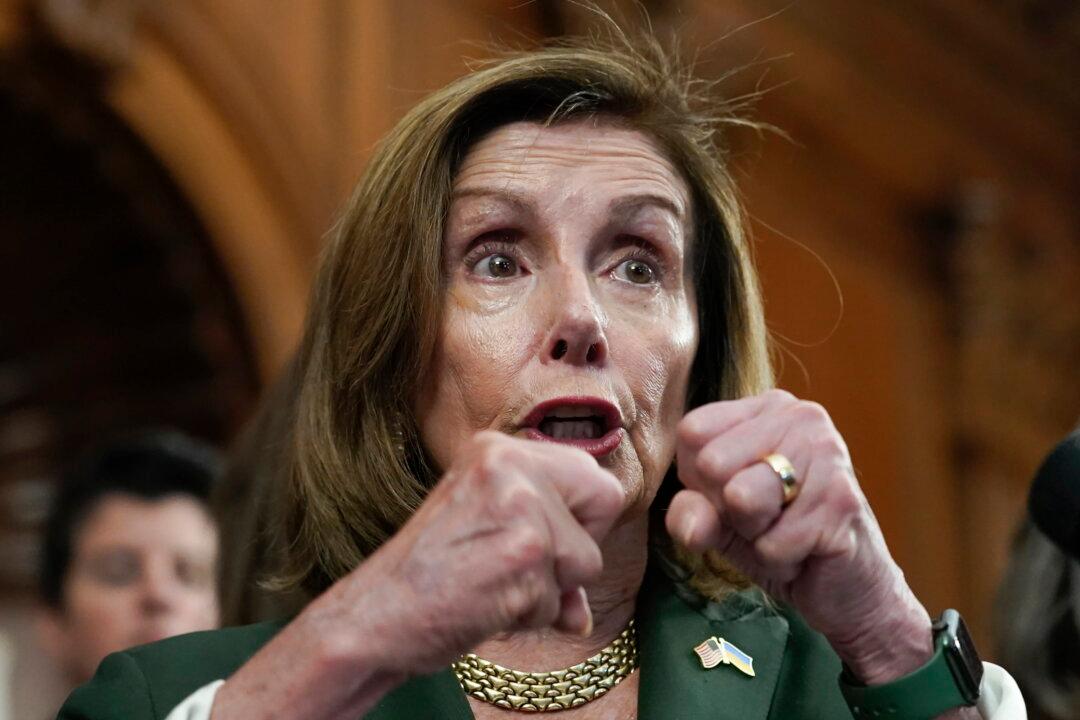House Democrats are moving forward with an Aug. 12 vote on the $700 billion Inflation Reduction Act despite the lack of Congressional Budget Office (CBO) scores—meaning that the full financial implications of the bill are unclear.
On July 27, Sen. Joe Manchin (D-W.Va.) announced that he had reached a deal with Senate Majority Leader Chuck Schumer (D-N.Y.) to pledge his support for a $700 billion spending bill, which is supposed to bring in $725 billion in new revenue to the federal government and reduce the deficit by $292 billion annually.





